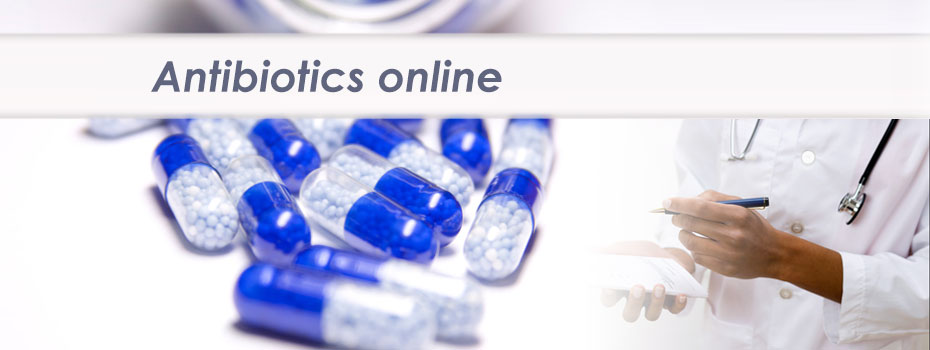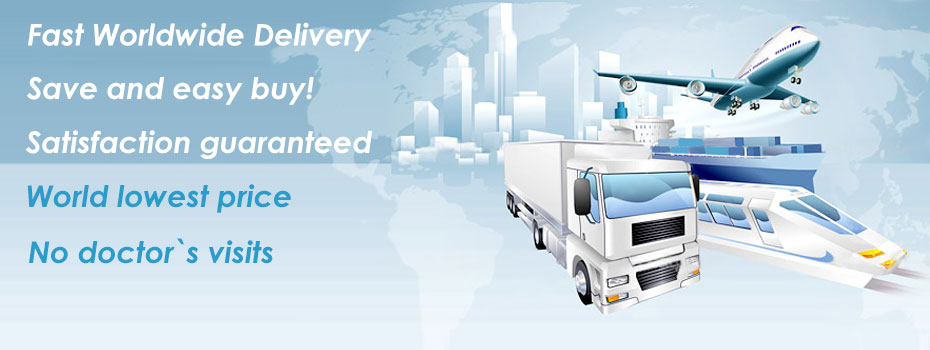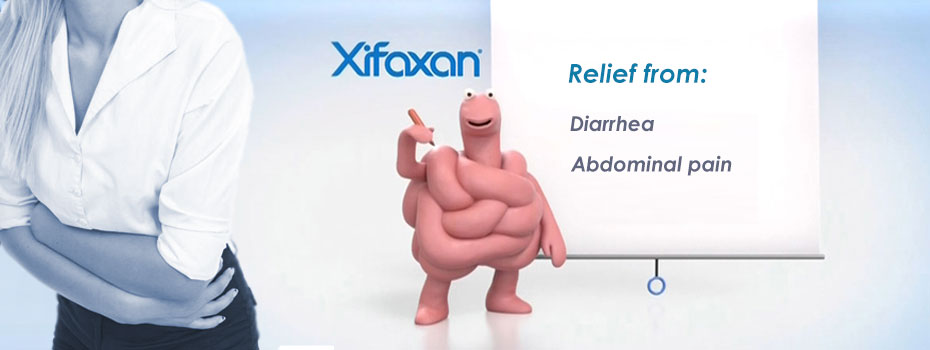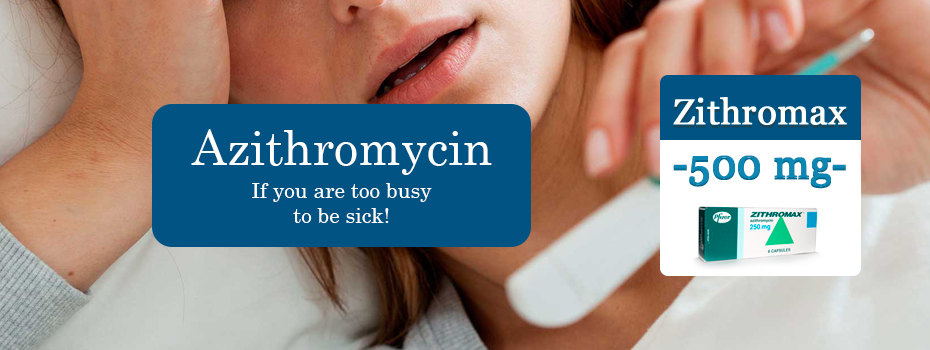All truth about generics
Such situation when in a drugstore there is no necessary medicine is frequent, but the pharmacist is ready to offer something other, possessing similar properties, but differing in manufacturing firm and the price.
Happens and so that the attending physician, writing out a preparation, advises to pay attention to its cheaper analog. In the second, and, most likely, and in the first case it is about generics.
What? Where? How much?
Generics call the medicines which are cheaper "copies" of patent means.
All know that the medicinal effect directly depends on active ingredient and its concentration. Differing only in the name, generic contains the same active ingredients, as "original". At first sight it seems ideal replacement of more expensive preparation.
However, would be to consider wrong that all means analogs are completely identical on structure. It must be kept in mind that, despite the content of the same active ingredients, as in patent medicine, generic will differ inactive and auxiliary (preservatives, dyes and fragrances) in ingredients. Certain distinctions will be observed and in technological process of production.
Even in such safe countries as the USA, Great Britain or Japan analogs of separate medicines buy more often than originals. The pharmacological market of the countries of the big seven is subdued by generics in the following quantitative ratio: The USA — 12%, Japan — 30%, Germany — 35%, France — 50%, Great Britain — 55%, Italy — 60%, Canada — 64%.
Buying generic, you don't overpay for years of development and testing of a preparation.
The set of questions is connected with preparations analogs, and one of them concerns a direct ratio of the price and quality.
The cost of generics is always lower, than at original preparations. Thanks to policy of firms-razrabochikov of patent drugs the term "generic" gained a certain abusiveness and began to be associated with a certain inferiority and insufficient study that allegedly low cost confirms them. However similar conclusions have under themselves no bases. In practice so tempting price of generics is explained by that their creation and registration don't demand long-term development and testing any more and aren't interfaced to any risk. The task of manufacturing firms consists only in high-quality copying of those means which efficiency is already proved.
Copy or original?
The following question consists in that, how precisely "copy" repeats "original". It is no secret that each medicine has generic practically. The exception is only made generally by those which term of patent protection didn't come to an end yet. Nevertheless, selling to the third-party companies a formula of the preparation, the firm developer not necessarily opens a secret of production. Besides, at equal concentration of active ingredient excipients in analogs often differ on quantitative and qualitative structure. Some pharmacologists also believe that in the developed countries where procedure of registration of new medicine is interfaced to big difficulties, better generics are made. Thus, before speaking about equivalence of generic to the original, it is necessary to define, about what sort of equivalence there is a speech.
Today at a choice of generics it is supposed that bioequivalence of medicines indirectly confirms their therapeutic equivalence.
Also important role is played by properties of auxiliary ingredients, quality control of production, conditions of packing and storage, completeness of the instruction delivered with preparations such a generic erectile dysfunction pills.
Resistance to antibiotics serious threat to public health careShould I be afraid of antibioticsUseful bacteria instead of antibiotics










